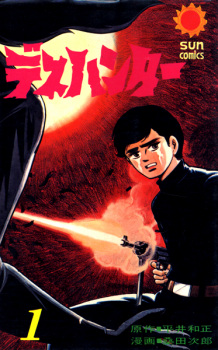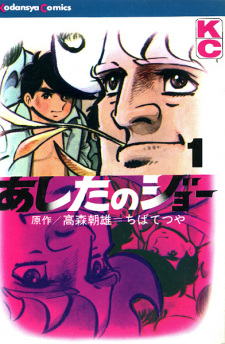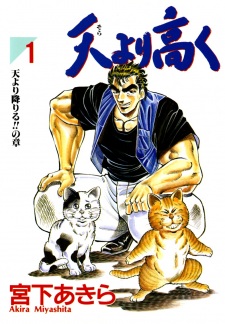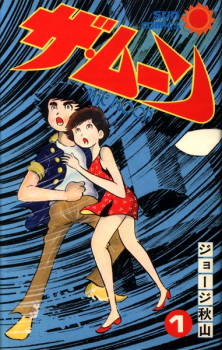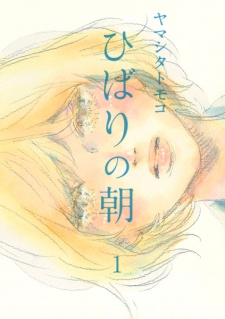Jul 1, 2023
Death Hunter opens with declarations of grandeur, as the author speaks on the "death of the science fiction genre", and detailing the complex and important concepts that will be at play in the manga. Alas, the series itself is disappointing. The art is typical for its time, which I say as a general descriptor, not as a negative comment. The art is well done and effective. The story starts off simple--aliens are invading humanity and taking control of peoples bodies in order to wreak havoc. The seeming intelligence of the author that is initially established in the forward combined with the exaggerated simplicity and obviousness
...
of the initial plot and events leads the reader to believe that it is done self-awarely, and that soon the plot will thicken, the characters will become complex, and the story proper will begin--this does not happen.
As the story goes on we see the enigmatic leader of the Death Hunters put Tamura through more and more trials, claiming that they are done in order to make him a good Death Hunter, as the alien Death cannot even be defeated by the strongest of men, and something beyond that is required; a superhuman Death Hunter. Yet, before Tamura even begins training, one of the other members of the main cast, a fellow Death Hunter candidate, Rin, shows Tamura the simple method of killing a Death; destroying its host body and burning its true form, a green ooze. Shadow prattles endlessly on the incredible danger of the Death, and how incredibly strong and ruthless Tamura must be in order to defeat them, yet despite their convenient inhabitation of Tamura's only loved ones (which also conveniently and in a similarly hamfisted manner cause Tamura to gain a dedicated hyperfixation on eradicating the Death from the Earth) are found very infrequently. The ridiculousness of all this makes the reader eager to see when the endless and pointless torture of Tamura will be addressed and the clumsy shonen will fall down to reveal the actual psychological addressing of the cruelty of humanity, and how humans use scapegoats to distract from our own cruelty that the manga is--this does in fact never happen.
In all fairness, the story did interest me and make me want to keep reading, partially due to it being actually entertaining, and partially do to it leading me on by dangling a potential psychological masterpiece in front of me. Said potential masterpiece is never given to me, and I was left playing the part of Tantalus. Additionally, in further fairness, the series does achieve what I do believe it's end goal is--to show the reader that humanity's pointless and incessant violence is the real issue, and that the Death are simply a scapegoat used by Shadow to justify more meaningless violence. But it achieves that goal very early in the story. And then it drags on.
Tamura is forced to become heartless in a mission assigned by Shadow, with Rin encouraging him to sacrifice his morality. On the topic of Rin, his character is wildly inconsistent, and the other side character, Lucille, is nearly devoid of characterization. Rin, Tamura, and Lucille have an incredibly close relationship due to the trials they endured together when being tested as potential Death Hunters, this fact is blatantly spelled out and then disregarded. We barely ever see the them interact past the beginning of the manga, and when we do it is Rin preaching to Tamura on how he must become heartless and amoral in order to become an effective Death Hunter. Rin becomes pretty irritating, but he is eventually scolded by Shadow, which is satisfying. Once Tamura successfully does so, Rin's character is altered and he is now the number one advocate for Tamura to regain his morality. Al
Anyways, I'll skip over the rest of the trite and gory details of the manga. In the end it is revealed that the Death are merely trying to save humanity from itself, and Tamura is convinced by Lucille (who has somehow become inhabited by a Death in the aftermath of her torture by her former colleagues that believed her a traitor). Upon becoming one, the way in which Death function is drastically altered. Suddenly they are far more powerful than initially presented to be (though Shadow's constant fear-mongering regarding their 'overwhelming strength' does now seem to be more justified), but this is also contradicted by Shadows confidence in that fire and explosions will be able to easily eradicate Tamura and Lucille. Also, now the Death serve as a simple power boost, and do not actually take over the body, again contradicting what was established very early on in the story. After surviving Shadow's attacks, Lucille and Tamura walk away, declaring the birth of a superior human race.
Throughout the course of the story the message is made clear over and over again, yet it remains unaddressed in the actual manga until the final portion of it. The series is closed out with a fittingly frustrating conclusion.
TLDR: Solid though dated art, inconsistent characters, admittedly interesting plot, and a potential for greatness that the reader is constantly tantalized by only for it to remain unachieved. Kinda fun read.
Reviewer’s Rating: 3
What did you think of this review?
Nice
 0
0
Love it
 0
0
Funny
 0
0
Confusing
 0
0
Well-written
 0
0
Creative
 0
0Show all
